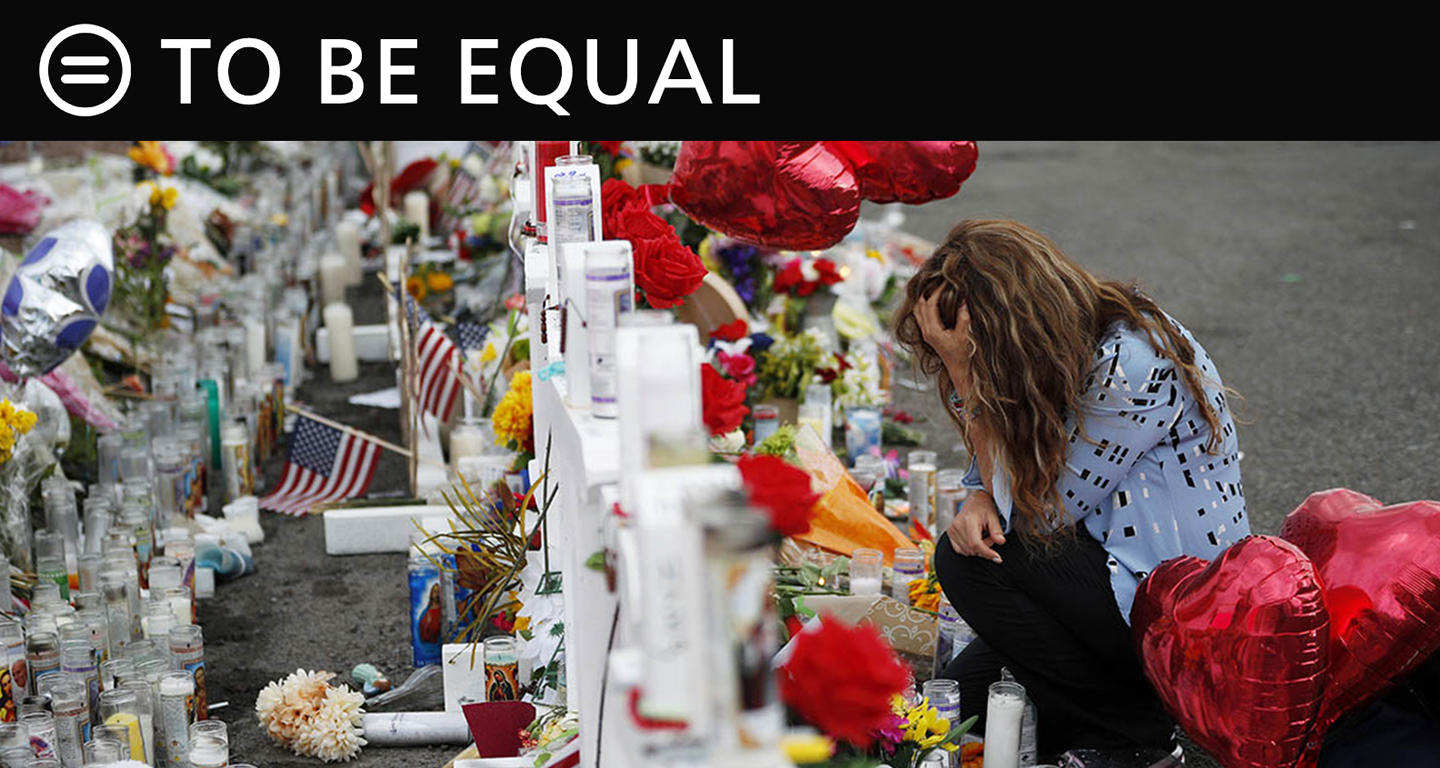It’s Time To Fight Right-Wing Domestic Terrorism The Way We Fight Other Forms of Terrorism

Marc H. Morial
President and CEO
National Urban League
“The big thing is we need to change the way we in the United States are viewing these incidents with right-wing extremist terrorism. Stop dismissing this as crazy gunmen, or hate crimes, or that some person ‘just snapped.’ There is an ideology behind the attack. The attack needs to be called out as terrorism.” – Daryl Johnson, former Department of Homeland Security analyst
Just over a decade ago, the U.S. Department of Homeland Security and the FBI produced a report entitled “Rightwing Extremism: Current Economic and Political Climate Fueling Resurgence in Radicalization and Recruitment.”
The report warned of the rise of radicalized right-wing groups and individuals and the threat of political violence.
But instead of heeding its warnings, Congress erupted in a frenzy of denial and defensiveness. The conclusions of the report were distorted and misreported. Instead of taking the threat seriously, the ranking member of the House Homeland Security Committee, called for hearings to investigate DHS and the report.
Members took particular offense to the suggestion that divisive issues like abortion were being used as recruiting tools. Weeks after Congress shut down any response to the report, an anti-abortion extremist murdered physician George Tiller at his church.
In the years since outraged Congress members blocked any official response to the threat, right-wing extremists have been responsible for the vast majority of extremist-related murders in the United States. Right-wing extremists were responsible for every single extremist killing in the U.S. in 2018, “from Pittsburgh to Parkland,” according to the Anti-Defamation League.
The white supremacist massacre of 22 people in El Paso two weeks ago was the most deadly right-wing terrorist attack since 1995, when Timothy McVeigh killed 168 people in the Federal Building bombing in Oklahoma City. The suspect published a white nationalist manifesto on an internet message board just before the shooting. He told police he was targeting Mexicans, and drove 11 hours from his largely-white hometown near Dallas to majority-Latino El Paso.
He has not been charged with a hate crime.
And, while federal authorities are investigating the shooting as a domestic terrorism case, domestic terrorism is not codified as a law that can be prosecuted.
Sen. Martha McSally of Arizona has proposed such a law, saying, ““For too long we have allowed those who commit heinous acts of domestic terrorism to be charged with related crimes that don’t portray the full scope of their hateful actions.”
The Patriot Act, passed in the immediate aftermath of the September 11, 2001, terrorist attacks, gives the federal government multiple resources to combat international terrorism but little authority to investigate domestic terrorism.
Mary McCord, former acting assistant attorney general for national security, pointed out in a recent essay that the most common international terrorism charge is providing material support to a foreign terrorist organization. “Charges of “material support” to a terrorist organization are not available to prevent domestic attacks” she wrote, “because the United States does not designate American groups as terrorist organizations.
“None of the 68 entries on the State Department’s list is a white-supremacist group.”
But the United States could designate foreign white supremacist groups as terrorist organizations.
“If the State Department put any of these groups on the list, the FBI could deploy undercover agents to chat with their members online, and would-be domestic terrorists in the United States would have to think twice about engaging with them.”
In addition to a federal domestic terrorism statute and the designation of foreign white supremacist groups as terrorist organizations, former Department of Homeland Security analyst Daryl Johnson, who authored the 2009 report, offered several recommendations in a recent interview:
- Collect statistics on domestic terrorism, and allow those statistics to drive resources for programs to combat it.
- Commit to long-term undercover investigations.
- Train state and local law enforcement about right-wing extremists groups.
- Make grants available for countering right-wing extremism.
- Educate the public on their role, how to report suspicious activity, reaching out to communities and organizations that can help identify people being radicalized, working with private industry to get them to do better and more internet and social media monitoring.
If the United States does not take steps to combat white supremacism and right-wing extremism, attacks like the one in El Paso will only become more commonplace. As the nation’s racial demographics continue to change, so will the racist backlash. It’s time to take domestic terrorism as seriously as we have taken foreign terrorism.
32TBE 8/15/19 ▪ 80 Pine Street ▪ New York, NY 10005 ▪ (212) 558-5300
Connect with the National Urban League
Facebook: https://www.facebook.com/NatUrbanLeague
Twitter: https://twitter.com/naturbanleague
Instagram: https://www.instagram.com/naturbanleague
Website: https://www.NUL.org
Newsletter: http://bit.ly/SubscribeNUL
YouTube: http://bit.ly/YTSubNUL

